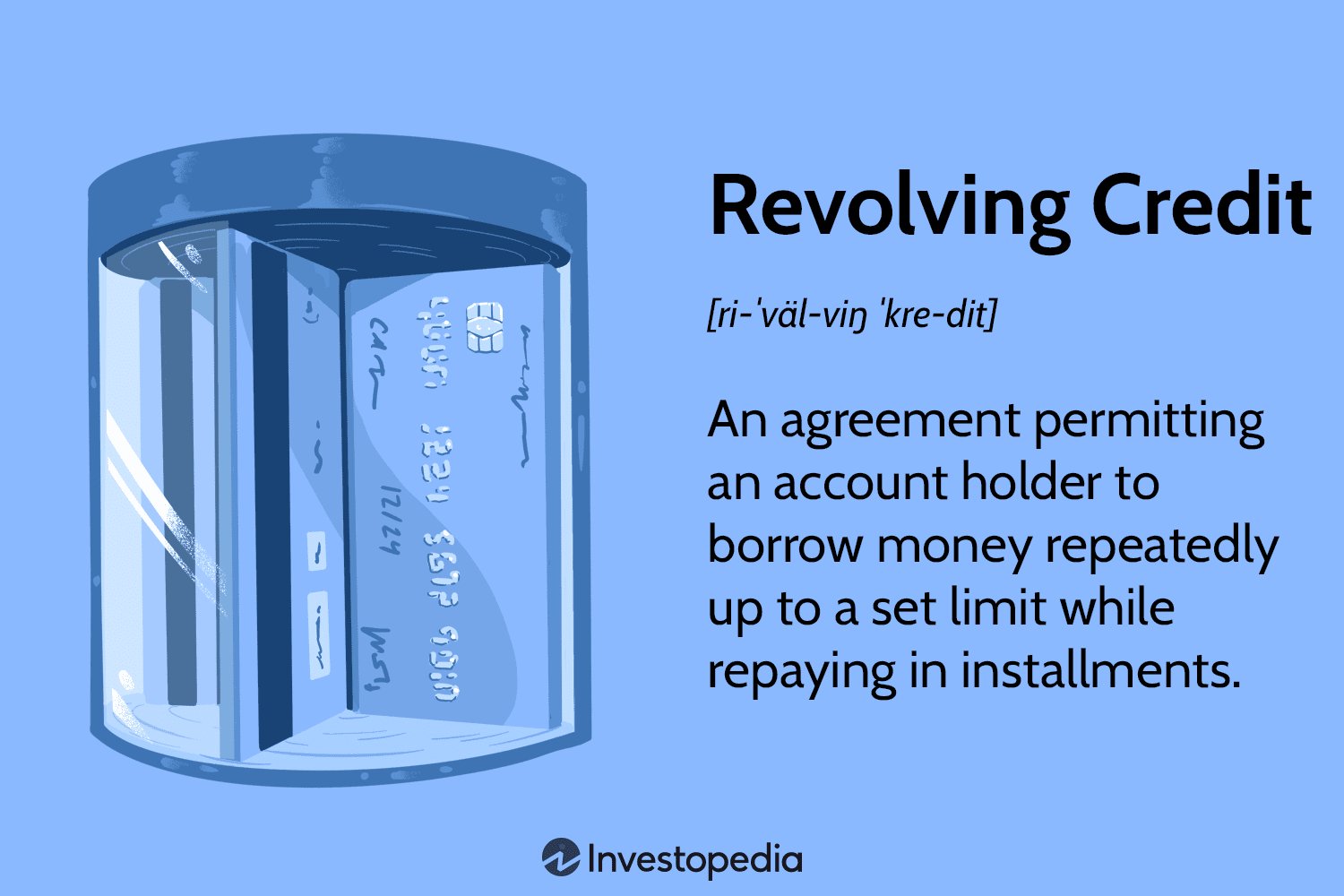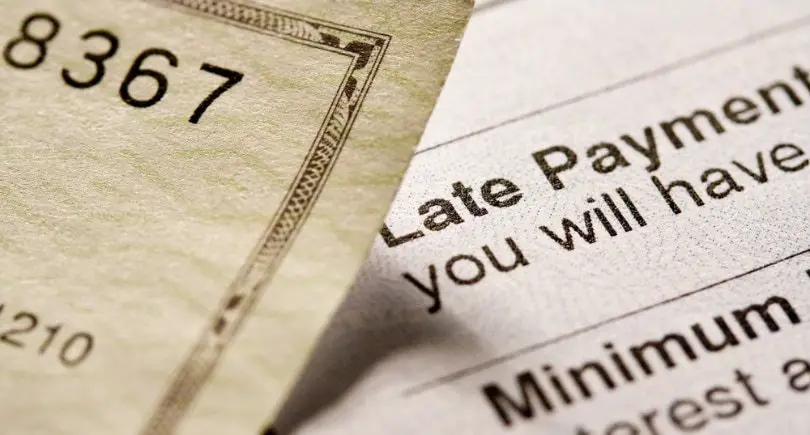Looking to optimize your work-from-home budget? We’ve got you covered! In today’s fast-paced world, more and more people are embracing the flexibility and convenience of working remotely. But with this transition comes the need to manage your finances efficiently and make the most of your resources. So, how can you optimize your work-from-home budget without compromising on the essentials? Well, we’ve got a few practical tips and tricks up our sleeves that will help you do just that. From smart spending to savvy saving, let’s dive in and explore how to optimize your work-from-home budget.
How to Optimize Your Work-From-Home Budget
Working from home has become a widespread reality for many individuals. While it offers flexibility and convenience, it also requires careful financial planning to optimize your work-from-home budget. In this article, we will explore various strategies and tips to help you make the most of your financial resources while working remotely.
Create a Dedicated Workspace
One of the first steps to optimizing your work-from-home budget is to establish a dedicated workspace. This serves multiple purposes, including increasing productivity and separating your personal life from your work life. Here are some tips to create an effective workspace:
- Choose a quiet area in your home with minimal distractions.
- Invest in a comfortable desk and chair to maintain good posture and prevent physical discomfort.
- Ensure proper lighting to reduce eye strain.
- Organize your workspace with storage solutions to keep it clutter-free.
By having a dedicated workspace, you can enhance your productivity and minimize distractions, ultimately optimizing your work-from-home experience.
Minimize Utility Costs
When working from home, it’s important to be mindful of your utility usage to avoid unnecessary expenses. Here are some ways to minimize utility costs:
- Set your thermostat to an energy-efficient temperature during working hours.
- Unplug electronic devices when not in use to avoid phantom energy consumption.
- Take advantage of natural light to reduce the need for artificial lighting during the day.
- Use energy-saving settings on your computer and monitor.
By being conscious of your utility consumption, you can save money on your monthly bills and optimize your work-from-home budget.
Review and Optimize Your Internet Plan
A reliable and fast internet connection is crucial for effective remote work. However, you may be paying for more bandwidth than you actually need. Take the time to evaluate your internet usage and consider the following steps:
- Assess your internet speed requirements based on your daily activities.
- Compare different internet service providers to find the most cost-effective plan.
- Beware of promotional offers that expire after a certain period; make sure to account for the long-term costs.
- Consider bundling your internet with other services like TV or phone to potentially save money.
By optimizing your internet plan, you can reduce expenses without sacrificing the quality of your work-from-home experience.
Meal Planning and Grocery Budgeting
When working from home, it’s tempting to rely on takeout or delivery services for meals. However, this can quickly eat into your budget. Implementing a meal planning and grocery budgeting strategy can significantly reduce your food expenses. Here’s how:
- Plan your meals for the week in advance, including breakfast, lunch, and dinner.
- Create a shopping list based on your meal plan to avoid impulse purchases.
- Take advantage of sales and discounts at your local grocery store.
- Consider batch cooking and freezing meals to save time and money.
- Explore affordable and nutritious recipe options.
By being intentional with your meal planning and grocery budgeting, you can optimize your work-from-home budget and maintain a healthy lifestyle.
Reduce Transportation Costs
One of the advantages of working from home is the elimination of commuting costs. However, there are still ways to further reduce transportation expenses. Consider the following strategies:
- Opt for video conferencing or virtual meetings instead of in-person appointments, when possible.
- Explore carpooling options if you need to travel outside of your home for work-related purposes.
- Utilize public transportation, biking, or walking for short-distance trips.
- Plan your trips efficiently to minimize unnecessary driving.
By reducing transportation costs, you can allocate more funds towards other areas of your work-from-home budget.
Take Advantage of Tax Deductions
Working from home may make you eligible for certain tax deductions, which can help optimize your budget. Some common deductions include:
- Home office expenses, such as a portion of your rent or mortgage interest.
- Internet and phone expenses specifically used for work purposes.
- Depreciation of home office equipment.
- Business-related software and subscriptions.
Consult with a tax professional to understand the specific deductions available to you and ensure you maximize your eligible savings.
Invest in Professional Development
Optimizing your work-from-home budget goes beyond just reducing expenses. It also involves investing in your professional growth. By enhancing your skills and knowledge, you can increase your earning potential. Consider the following ideas:
- Take online courses or certifications related to your field.
- Attend virtual conferences or webinars to stay updated with industry trends.
- Join professional networking groups or associations.
- Invest in books or resources that can help you enhance your expertise.
By prioritizing professional development, you can expand your opportunities and potentially earn a higher income, thereby further optimizing your work-from-home budget.
In conclusion, optimizing your work-from-home budget requires careful consideration of various aspects of your financial life. By creating a dedicated workspace, minimizing utility costs, reviewing your internet plan, implementing meal planning and grocery budgeting, reducing transportation expenses, taking advantage of tax deductions, and investing in professional development, you can make the most of your remote work experience. Remember, financial optimization is an ongoing process, so periodically review your budget and adapt as needed to ensure long-term success.
How I manage my time with full time job, freelance & side hustles ☕️
Frequently Asked Questions
Frequently Asked Questions (FAQs)
1. How can I optimize my work-from-home budget?
By following these tips, you can effectively optimize your work-from-home budget:
- Create a budget plan that includes all your income and expenses
- Identify and cut down unnecessary expenses
- Save money on utilities by being mindful of energy usage
- Make use of cost-effective technology and software for your work
- Consider alternatives for expensive office equipment
2. Are there any tools or apps available to help me manage my work-from-home budget?
Yes, there are several tools and apps available that can assist you in managing your work-from-home budget effectively. Some popular options include budgeting apps like Mint, PocketGuard, and You Need a Budget (YNAB). These tools can help you track your expenses, set financial goals, and analyze your spending habits.
3. How can I save money on groceries while working from home?
You can save money on groceries while working from home by following these strategies:
- Create a meal plan and stick to it to avoid unnecessary purchases
- Shop in bulk or take advantage of discounts and sales
- Consider meal-prepping to reduce food waste
- Compare prices and look for deals when shopping online
- Avoid ordering takeout frequently and cook meals at home
4. What are some cost-effective ways to set up a home office?
To set up a cost-effective home office, you can:
- Repurpose existing furniture and resources
- Consider buying second-hand office furniture and equipment
- Utilize natural lighting to reduce electricity costs
- Choose energy-efficient electronics
- Shop for office supplies in bulk or during sales
5. How can I reduce my utility bills while working from home?
To lower your utility bills while working from home, you can:
- Turn off lights and unplug electronics when not in use
- Set your thermostat to an energy-efficient temperature
- Use natural lighting as much as possible
- Minimize water wastage by using efficient fixtures
- Consider using power-saving modes on your devices
6. Are there any tax deductions available for work-from-home expenses?
Yes, depending on your country and individual circumstances, there may be tax deductions available for certain work-from-home expenses. Common deductions may include a portion of your utility bills, internet expenses, and depreciation on home office equipment. It’s important to consult with a tax professional or refer to official tax guidelines to determine your eligibility and the specific deductions available to you.
7. What are some effective ways to track and control my work-related expenses?
To track and control your work-related expenses, you can:
- Maintain detailed records of all business-related expenses
- Use expense tracking apps or spreadsheets to monitor your spending
- Separate your personal and business finances
- Regularly review your expenses and look for areas to cut costs
- Consult with a financial advisor for additional guidance
8. How can I save money on internet and phone bills while working from home?
To save money on internet and phone bills while working from home:
- Compare different plans and providers to find the most cost-effective option
- Consider bundling services for potential discounts
- Review your current plan and downgrade if necessary
- Limit excessive data usage and use Wi-Fi whenever possible
- Negotiate with your service provider for better rates or promotions
Final Thoughts
To optimize your work-from-home budget, start by creating a realistic budget plan that includes all necessary expenses, such as bills, groceries, and savings. Cut down on non-essential spending and find creative ways to save money, such as meal planning and reducing energy consumption. Consider utilizing free or low-cost resources for entertainment and professional development. Take advantage of discounts and promotions, and explore ways to earn extra income through freelance work or online side hustles. By being mindful of your spending and finding ways to maximize your resources, you can successfully optimize your work-from-home budget.



